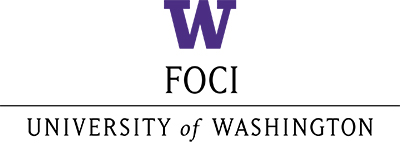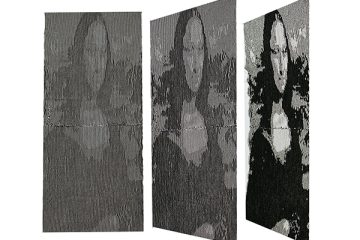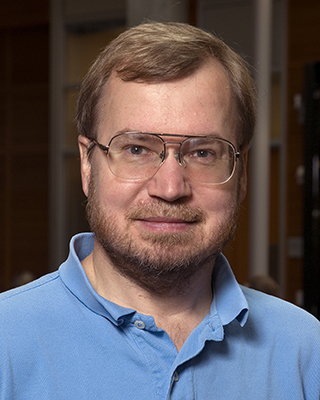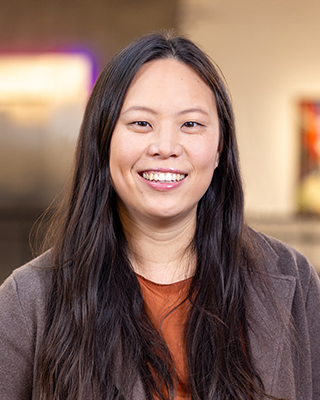Our researchers are driving innovation across the entire hardware, software and network stack to make computer systems more reliable, efficient and secure.
From internet-scale networks, to next-generation chip designs, to deep learning frameworks and more, we build and refine the devices and applications that individuals, industries and, indeed, entire economies depend upon every day.
Research Groups & Labs

Database Group
The Database Group advances both theoretical and systems work in probabilistic databases, stream processing, sensor-based monitoring, databases and the web, XML, image/video data management, data management for machine learning, data mining and more.

Molecular Information Systems Lab (MISL)
MISL explores the intersection of information technology and molecular biology using in-silico and wet lab experiments, drawing upon expertise from computer architecture, programming languages, synthetic biology and biochemistry.
Faculty Members
Centers & Initiatives

Institute for Foundations of Data Science (IFDS)
IFDS organizes its research around four core themes: complexity, robustness, closed-loop data science, and ethics and algorithms. By making concerted progress on these fundamental fronts, IFDS aims to lower several of the barriers to better understanding of data science methodology and to its improved effectiveness and wider relevance to application areas.

Center for the Future of Cloud Infrastructure (FOCI)
The UW Center for the Future of Cloud Infrastructure (FOCI) aims to foster a tight partnership between practitioners and researchers in both industry and academia to define the next generation of cloud infrastructure to achieve new levels of security, reliability, performance along with cost-efficiency and environmental sustainability.
Highlights
Allen School News

A team of Allen School researchers introduced computational illusion knitting — a design framework that helps automate the process, making illusion knitting more accessible and allowing for more complex and multi-view patterns like hidden Mona Lisas that were previously believed to be impossible.
Agents of Tech

Nivala, co-director of the Molecular Information Systems Lab (MISL), discusses the groundbreaking potential of DNA-based data storage and its role in the future of AI.
GeekWire

OctoAI, a UW startup that sells tools to help build and run generative AI models more efficiently, has been acquired by chip giant Nvidia. Allen School professor and OctoAI co-founder Luis Ceze joined Nvidia following the deal, which is the latest AI-related acquisition for the chipmaker.




